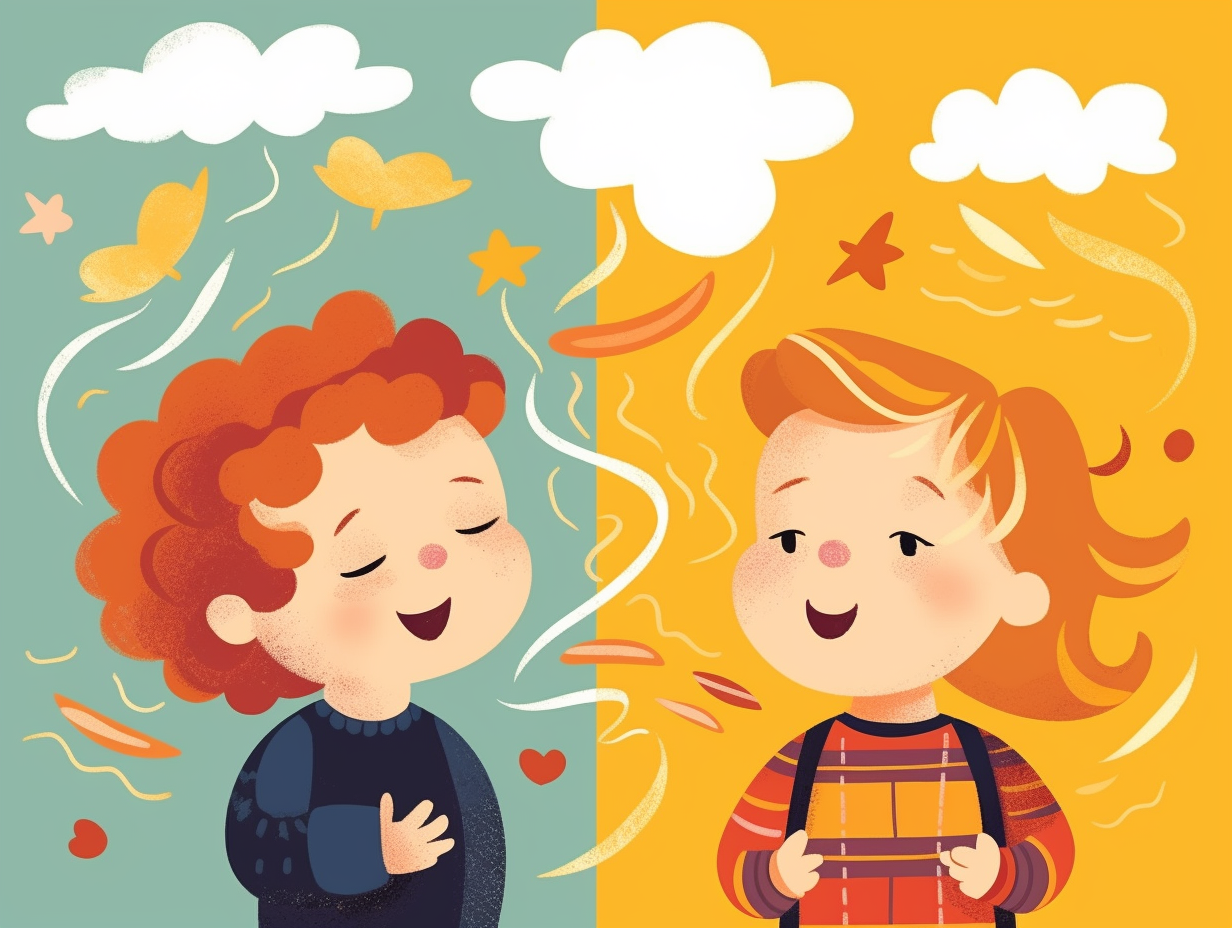Discover the Unexpected: Top 9 Amazing Fun Facts About Babies You Never Knew

1. Baby Music Critics
Who knew babies were music critics in the making? Their tiny ears are geared towards a refined taste in tunes, dissecting the details of every lilting lullaby and analyzing the beats with remarkable precision: Studies show that infants prefer melodious songs with a limited pitch range, stable pitch relations, and consistent beats, while also being sensitive to pitch changes from the moment they're born. Their appreciation for pitch and melody only grows in their first year of life, outshining the grasp of various functions of pitch that takes a bit longer to develop.
Source => sciencedirect.com
2. Mini Einsteins
Move over, Einstein: even two-month-old tots have a grip on gravity and the concept of object permanence. That's right, at just 2 months old, babies have been found to possess a basic understanding of intuitive physics through eye-tracking technology and violation of expectation tests. As they grow, they further grasp the properties of solid objects and noncohesive substances by 5 months, and by 6 months, they start valuing quantity by choosing cups with more food, but only when there are three or fewer items in them.
Source => nbcnews.com

Did you know that babies begin practicing their charming smiles even before they're born? They start perfecting their grin around 33 weeks in the womb, but it can take up to three months after birth to fully master their heart-stealing smiles! 😊
=> Fun Facts about Smiling
3. Midnight Snack Club
Babies: the original members of the 'Midnight Snack Club'! You must admire their commitment to keeping their parents occupied during the witching hours: Studies show that breastfed infants tend to wake up more easily and more often than formula-fed babies, resulting in a rather sleep-deprived initiation into parenthood for many new moms and dads.
Source => sleepfoundation.org
4. Baby Taste Buds
Little baby taste-budtenders can distinguish a sweet, sour, bitter, or savory amuse-bouche from the get-go: They come equipped with the ability to discern four of the five basic flavors, while their appreciation for the salty side of life takes them until about 4 months old to truly savor.
Source => babysparks.com

5. License to Thrill
If looks could kill, babies would definitely have a license to thrill: Infants as young as three months old can already tell their mother's face apart from a stranger's, thanks to early facial recognition skills developed from spending so much quality face-time with mom. As they grow up, their preference for familiar faces extends to those of family and friends, winning them the title of tiny facial recognition champions!
Source => babyschool.yale.edu
6. Bilingual Babbling
Linguistic baby face-off: Spanish vs. English – who will come out on top? Turns out, their adorable babbling is strikingly similar at 12 months old, producing CV syllables with voiceless, unaspirated plosive consonants and eerily alike vowel sounds, making it quite the challenge for even the most skilled eavesdroppers to tell them apart.
Source => cambridge.org
7. Tiny Thespians
Did you hear about the tiny thespians honing their craft early on? These miniature Marlon Brandos are masters at tugging at your heartstrings with their cries: Babies as young as four months old experiment with cause and effect, using different types of crying to communicate specific emotions like hunger or pain. As they grow, they might even dabble in fake crying to grab attention from their parents or caregivers, but don't be too hard on them — it's just part of their communication development!
Source => momjunction.com
8. Bouncing Altruists
Babies: They're tiny bouncing altruists just waiting to be activated by the beat! Researchers at McMaster University discovered that 14-month-old babies who moved in sync with an adult while listening to music were more likely to help the adult by handing back dropped objects: proving that groovy dance sessions might just be the key to unlocking compassion and cooperation in our littlest humans.
Source => sciencedaily.com
9. Eyebrow Evolution
Don't raise your eyebrows just yet: Babies may not be born with a full set of arches, but by six months, they'll be raising quite the inquisitive brow! Hair follicles for eyebrows and eyelashes begin developing around 22 weeks of gestation, but most infants' brows become visible around two months. It may take up to four months for light-haired babies and eventually, by six months, those little brow-raisers will be fuller and darker.
Source => mothersandmore.org








